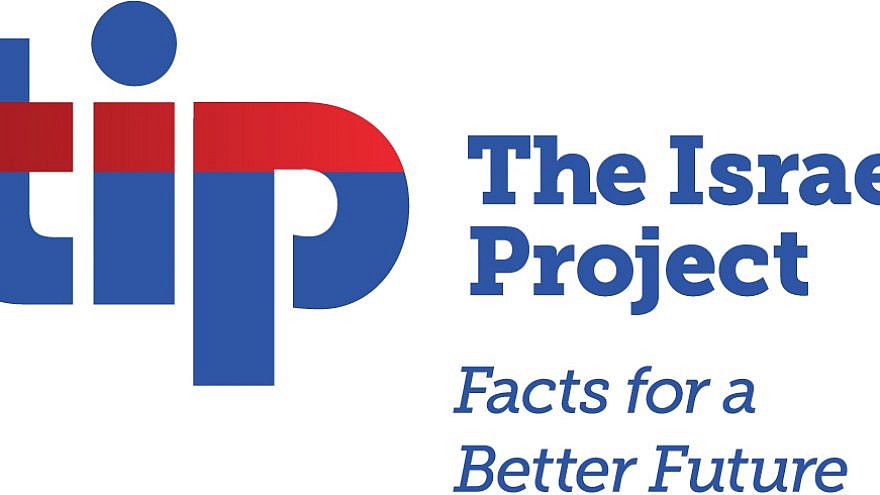As all journalists know, the news cycle can be a fickle thing, particularly in a week when Americans are deservedly celebrating their independence and enjoying (where applicable) the sunshine. In such periods, stories that during a busier cycle might merit only a short news brief on one day can easily generate longer, investigative pieces that stretch across several days.
Such has been the experience last week of The Israel Project (TIP), an advocacy group with offices in Washington, D.C., and Jerusalem. One day after TIP’s chief executive, Josh Block, announced that he was stepping down from his role, Jewish and Israeli news outlets began publishing stories about the organization’s imminent shuttering, along with the sorts of disclosures—inflated salaries, missed fundraising targets and so forth—that remain interesting over a sustained period of time only if you personally know the people involved.
Nevertheless, there is still an important discussion to be had that arises from its misfortune.
At this point, it would be derelict of me not to disclose that I actually worked for TIP between 2015-17. My purpose here is not to spread further innuendo about an organization that contained some of the brightest, nicest and most motivated people I’ve worked with in my career. In the same spirit, neither will I offer a personal analysis of the specific factors that brought TIP to its apparent point of no return, other than to note my personal sorrow at this outcome.
For advocates of Israel and Zionism in the public square, there is only one question that matters when it comes to TIP’s demise: Is it a political defeat? My own answer is an unwavering no, it isn’t.
One might even put it like this: TIP is dead. Long live the Israel Project.
TIP’s demise is not, in and of itself, an indicator that the pro-Israel cause in the United States is struggling for money or supporters. If anything, the continued existence of established groups and the appearance, from time to time, of new ones shows that Israel advocacy is a crowded marketplace, and that it helps to have a niche if you want to succeed.
The problem is more of an internal one because the yardstick of success in the Jewish organizational world—and the activity that, with some organizations, employs more people than work on the policy side—is how rich you are. This means that for the larger groups, some of whom have been in existence for more than a century, the resources are in place to do both fundraising and political advocacy. But for the smaller, newer groups, that neat division of labor is something of a luxury.
As happens with many tech startups, boutique advocacy groups can find that the initial blaze of publicity and donor enthusiasm they enjoy quickly starts to wane. When that happens, political and editorial output declines, while more time and attention is spent courting potential donors so that you can meet your funding milestones.
This dynamic is regrettable, because one of the major benefits of the smaller groups is that they are more adaptable and more attuned to real-time debates and conflicts, than are the larger ones, whose rhythms are set by an internal cycle of regional meetings, annual conferences, foreign “missions” and various other fundraising events. Though you’d never know it today, that is one key reason why the larger groups signally failed to appreciate the threat posed by the anti-Israel BDS movement when it emerged almost 20 years ago.
I recently had a conversation with an official of a leading U.S. Jewish organization in which she reflected that the 1990s were something of a golden age, with democratic governments springing up across Eastern Europe; an active peace process in the Middle East; a pope, in the form of John Paul II, who genuinely wanted to heal the divides between Christians and Jews; and many other positive elements. That led me to reflect, in turn, that living in a golden age doesn’t really prepare you for what happens when things turn sour.
Since 2001, politics in the Western democracies has become more polarized and angry, exemplified for Jews by the mainstreaming of anti-Zionist arguments—that is, presenting the elimination of the State of Israel as a legitimate cause—and the rise in unambiguous, violent anti-Semitism from Islamists, the far left and the far right. Though the big organizations began registering these changing atmospherics, they were reluctant to shift their priorities away from activities that centered on community-building to the nasty, adversarial conflicts which suggested darkly that history hadn’t changed as much as we’d hoped.
That was the reason why an organization with TIP’s skill set—“strategic communications,” as its leadership defined it—seemed so attractive when its new management team took over the organization seven years ago. And while TIP may have run out of money, it nonetheless contributed to creating the pro-Israel environment that prevails today in Washington, D.C., as a direct result of participating in some of the most bitter conflicts—the U.N.’s slanderous 2009 report on the Israel-Hamas war in Gaza, the Iran nuclear deal of 2015—to have embroiled pro-Israel activists in decades.
That willingness to take the fight to its opponents, in language radically different from the diplomatese of the establishment Jewish groups, was what distinguished TIP. When we are next confronted with an administration far less friendly to Israel than the present one, we may yet again need something like it.


























